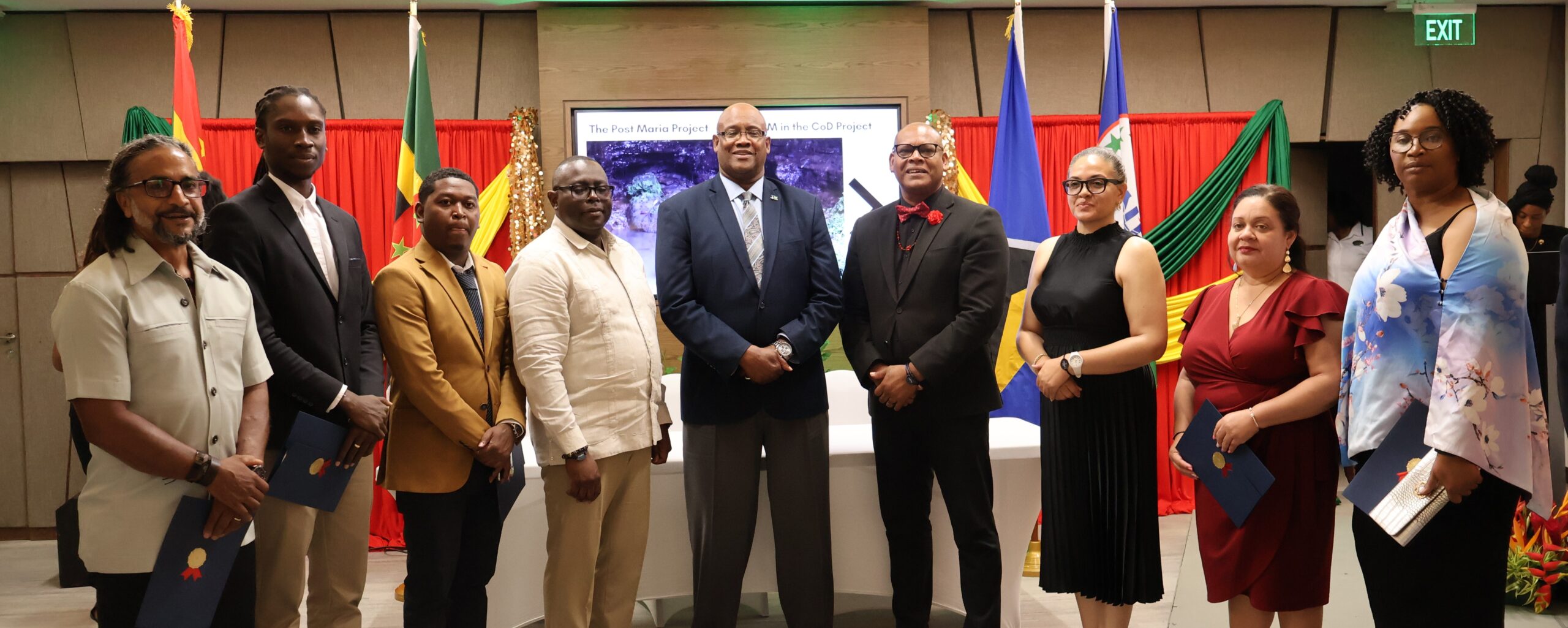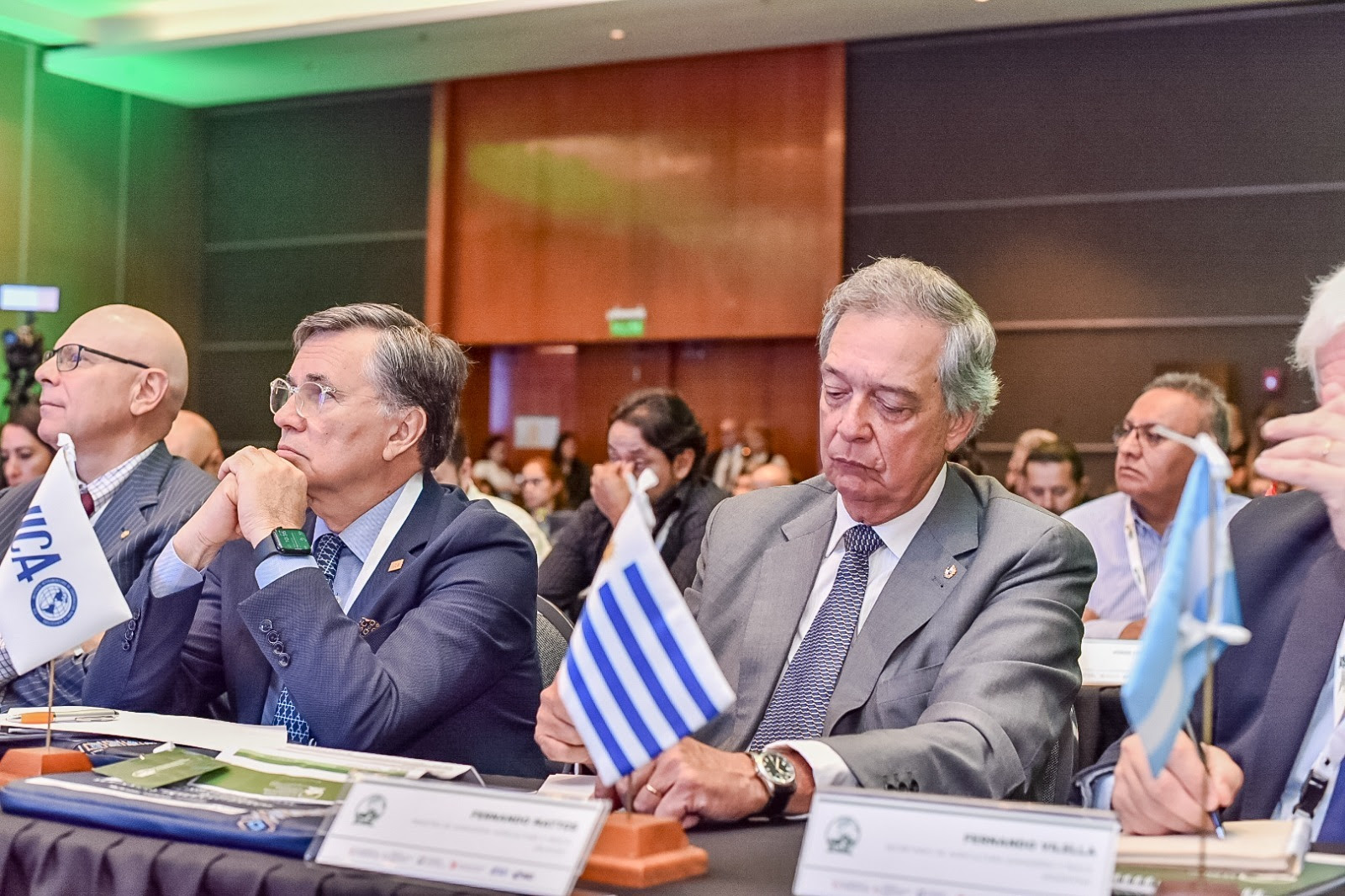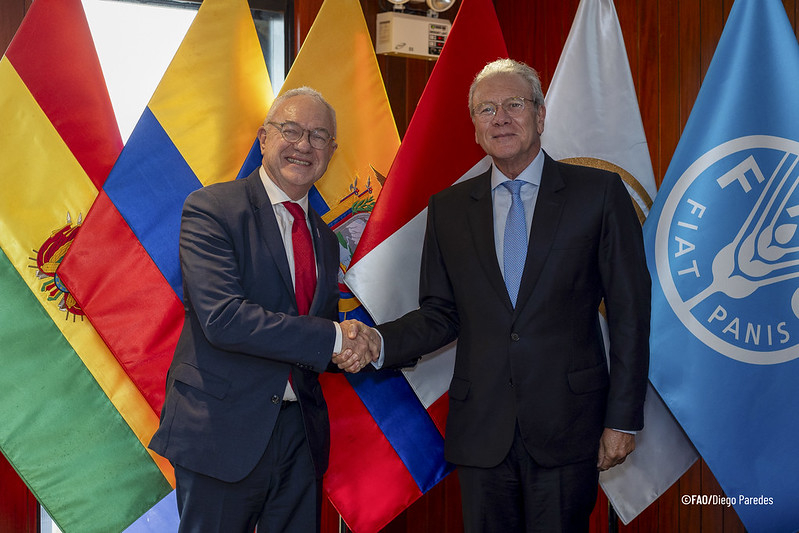This news article is a production distributed through Caribbean News Service. It is made freely available to your media and we encourage publishing and redistribution, giving credit to Caribbean News Service (CNS).
By Leanna Kalicharan – CNS Contributor
GEORGETOWN, Guyana, Jun 02 2016 – This article provides an overview of illegal, unreported and unregulated fishing (IUU fishing) in the Caribbean region to commemorate World Environment Day (WED) 2016, which is celebrated under the theme: “Go Wild for Life: Zero Tolerance for the Illegal Wildlife Trade.” It outlines the importance of the fisheries sector to the region, impacts and consequences of IUU fishing, with examples, and provides a brief on regional efforts to combat the illegal trade of fishery resources in the Caribbean.
To begin with, wildlife comes in various kinds belonging to different types of ecosystems. Fishery, which encompasses fin fish, crustaceans, molluscs and other aquatic animals, is one type of wildlife resources that is harvested and traded illegally. The Food and Agriculture Organisation (FAO) reports that IUU fishing is one of the major threats to the sustainability of the Caribbean’s fishery resources.
The FAO describes illegal (IUU) fishing, also commonly referred to as ‘poaching,’ as fishing conducted by national or foreign vessels in the water of a State without the state’s permission, or in contravention of the laws and regulations of that State, or to high seas fisheries regulated by regional organisations. More so, the FAO estimated that an average of 11 and 26 million tonnes of fish is caught through IUU fishing, which costs the industry between USD $10 to $23 billion dollars yearly.
Furthermore, the fisheries sector plays an important role in the support of social and economic development of the Caribbean, particularly, Small Island Developing States (SIDS). This sector supports livelihood and sustenance for the people of the region, contributing towards food security, poverty alleviation, employment, foreign exchange earnings, development, stability of rural and coastal communities and culture, recreation, and tourism. Yet, IUU fishing, predominately at the national level, remains as one of the major pressures which is undermining the sustainability of the Caribbean’s fisheries resources2.
The challenges of open access to fishery resources and poor fishery regulations are major contributing factors to the illegal exploitation of these resources in the Caribbean region. The open and unregulated access to fishery resources contributes to poachers believing that such a resource is limitless. Consequently, they take without considering the long-term negative effects that their use has on the sustainability of the resource, and subsequently, society at large. Poaching of fish stocks is also driven by the lack of firm regulations to guide the management of the fisheries sector, and enforcement of strict penalties against IUU fishing.
In 2013, the Bahamas indicated in a report on IUU fishing that as many as 65 fishing vessels, possibly operating from Dominican Republic ports were landing over 70,000 pounds of Bahamian conch, grouper and other fin fish per trip. The Turks and Caicos in 2012, reported that its queen conch fishery is threatened by large-scale poaching operations from its neighbour Hispaniola. Not so long ago in 2010, Honduran vessels were caught poaching queen conch in Jamaican waters.
The illicit extraction of fishery resources has combined local, national and regional implications on states of the Caribbean. It reduces the quantity and quality of the available catch for local fishers fishing legitimately. This may exacerbate food insecurity, losses of livelihood and even revenues from exports for local communities, and consequently, the State at large. More so, IUU fishing prevents governments across the region from achieving nationally and regionally agreed-upon fisheries management goals and objectives, and thus undermines the effective management and conservation of fish stocks.
The Caribbean is increasingly making a political commitment to tackle IUU fishing in the region. The adoption of the Castries Declaration (2010) on Illegal, Unreported and Unregulated Fishing is evidence of this. Furthermore, the Caribbean Community Common Fisheries Policy (2014) is also a binding treaty for the region to combat IUU fishing. The challenge, however, lies with the implementation and enforcement of these legal frameworks, and strong cooperation among Caribbean states to successfully mitigate IUU fishing. Otherwise, this downward spiral of resource exploitation will only increase further2.
In closing, IUU fishing being market-based, and driven by people’s demands for and purchasing of fishery products harvested illegally, could be alleviated by the market itself. Consumers, whether or not from the Caribbean, can in their efforts, increase their support of and demands for fishery products harvested in a sustainable and responsible manner. This reinforces WED 2016 theme as zero tolerance for the illegal wildlife trade via an informed market could cumulatively, increase pressure on Caribbean States to firmly enforce their commitments to combat IUU fishing.




